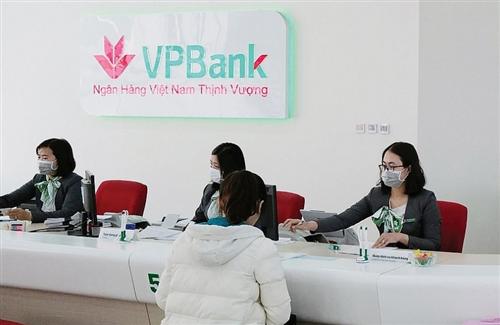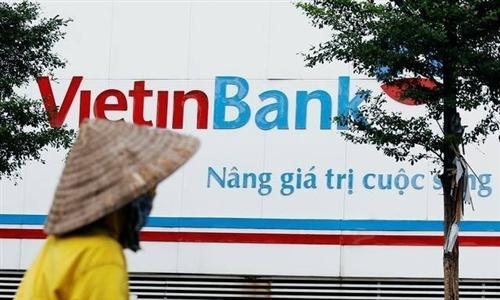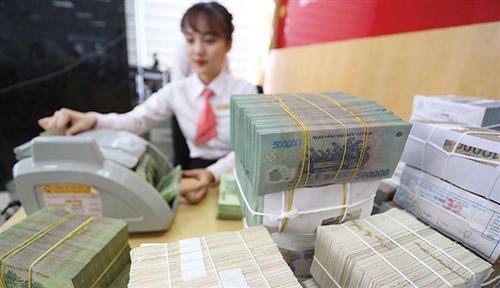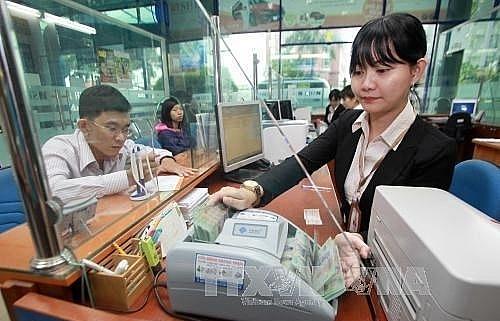Fitch downgrades outlook on Vietcombank, VietinBank, ACB, MB, and ANZ
Fitch downgrades outlook on Vietcombank, VietinBank, ACB, MB, and ANZ
Credit ratings provider Fitch Ratings has downgraded its outlook on four local and one foreign bank in Vietnam – Vietcombank, VietinBank, MB, ACB, and ANZ.
The outlook revision follows the revision in the sovereign rating outlook on April 8, which reflects the impact of the escalating COVID-19 pandemic on the Vietnamese economy.
Particularly, Fitch lowered the ratings of two state-owned banks (Vietcombank, VietinBank) and a wholly foreign-owned bank (ANZ) from Positive to Stable, based on the Long-Term Issuer Default Ratings (IDRs).
The outlook for two other joint-stock commercial banks (MB and ACB) was also lowered, from Stable to Negative.
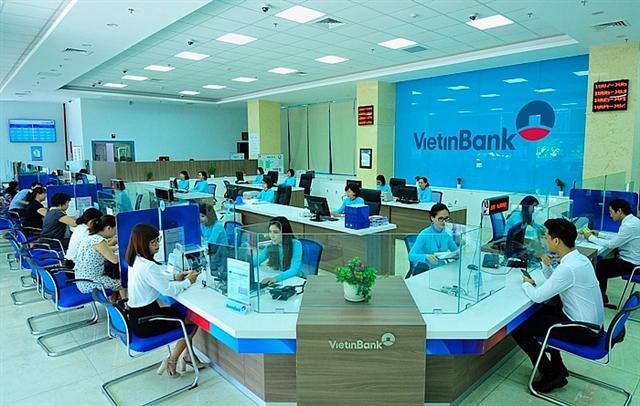
The effects of the coronavirus epidemic are greatly mirrored by the new outlook of Fitch Ratings
|
These actions stem from the sharply lower – albeit positive – growth that Vietnam faces from the coronavirus pandemic and its potential to negatively affect the banks' credit profiles in the near term, at least.
“The IDRs of all five banks were affirmed at existing levels as we expect a firm economic recovery in 2021, although there will be lingering effects on the banks,” Fitch said.
The ratings firm also lowered Vietnam's operating environment midpoint to 'b+' from 'bb-', but kept the outlook at Stable.
The coronavirus outbreak has strained the Vietnamese economy, with GDP growth slowing to a seven-year low of 3.8 per cent in the first quarter of this year, from 7.0 per cent at the end of 2019.
Despite the COVID-19 pandemic roiling the global market, Fitch expects Vietnam's GDP to grow by 3.3 per cent in 2020 and 7.3 per cent in 2021, assuming that economic recovery will only begin in the latter part of 2020.
In response, the State Bank of Vietnam (SBV) cut its policy rates and directed banks to extend debt relief to affected borrowers, while easing requirements on loan classification and provisioning. As a result, the banking sector has become a key intermediary – and will likely bear much of the policy burden – of financial relief.
Vietnam's relatively open economy implies that risks to the agency's base-case forecast are high, especially if external demand continues to be weak and sustained signs of virus containment remain elusive.
The country’s high system leverage, reflected in the bank credit-to-GDP ratio rising to 136 per cent by the end of 2019 from 101 per cent at the end of 2014, also leaves it more vulnerable to severe stress in the system, Fitch noted.
The sudden loss of economic momentum that banks in Vietnam have grown accustomed to in recent years will most directly affect their asset quality and earnings.
Moreover, risk appetite, capitalisation, and governance scores could also be lowered should pressure for banks to undertake policy lending manifest in large-scale non-risk-based lending.
Thin capital buffers are another area of weakness that Fitch has been wary of, with some major banks (state-owned lender Agribank, for example) still struggling to comply with local Basel II requirements.
Fitch also warned that Vietinbank has fallen behind original Basel II implementation timelines. Vietinbank's capitalisation outlook is negative, reflecting the agency's assessment of its weaker asset quality than domestic peers.





